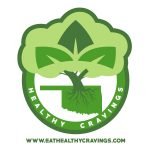Natural sweeteners perfect for a whole-food diet
Confession: we have a sweet tooth. Many people do – and there’s an evolutionary explanation for it you can read more about here.
Some people believe in eschewing added sugar completely – and we’re totally on board with that if you need a major tastebud reset, or you’re trying to get to the bottom of a frustrating autoimmune issue.
We believe in honoring your hunger and cravings – with whole foods that honor your body. When sweet treats are a small component of your overall healthy, happy lifestyle, that’s something we can get on board with!
Disclaimer: over. Onto the good stuff.
Natural sweeteners that work with a whole-food lifestyleAs much as we love the sweet stuff, we’re also big believers in tasting and seasoning before adding extra sugar. That said, here are our favorite natural sweeteners.
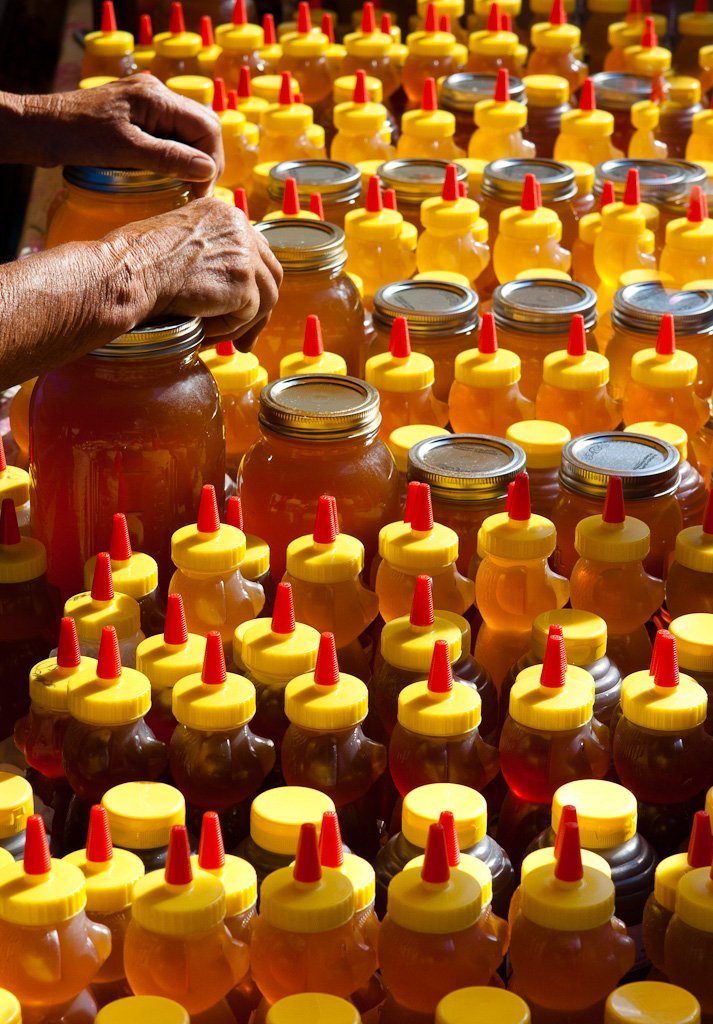
Local, raw honey.
“Local” and “raw” are the key words here – don’t expect any insane health benefits from the stuff that comes out of that (admittedly cute) miniature bear.
Why it’s good: Raw honey has been used as a “superfood” for centuries – the ancient Egyptians even used it as a healing salve and a preservative. You might’ve even heard about some natural beauty mavens trying out honey face masks – because when it isn’t highly processed or pasteurized, honey is a potent antimicrobial and a pretty decent moisturizer. And local honey is also a great remedy for seasonal allergies – just make sure the honey is from the same region as the plants that make you sniffle and sneeze. As an Amazon associate, we earn from qualifying purchases.
Our recommendation: We use raw honey from Texas for our healthy snacks. Click here to see our chosen brand and how to order.
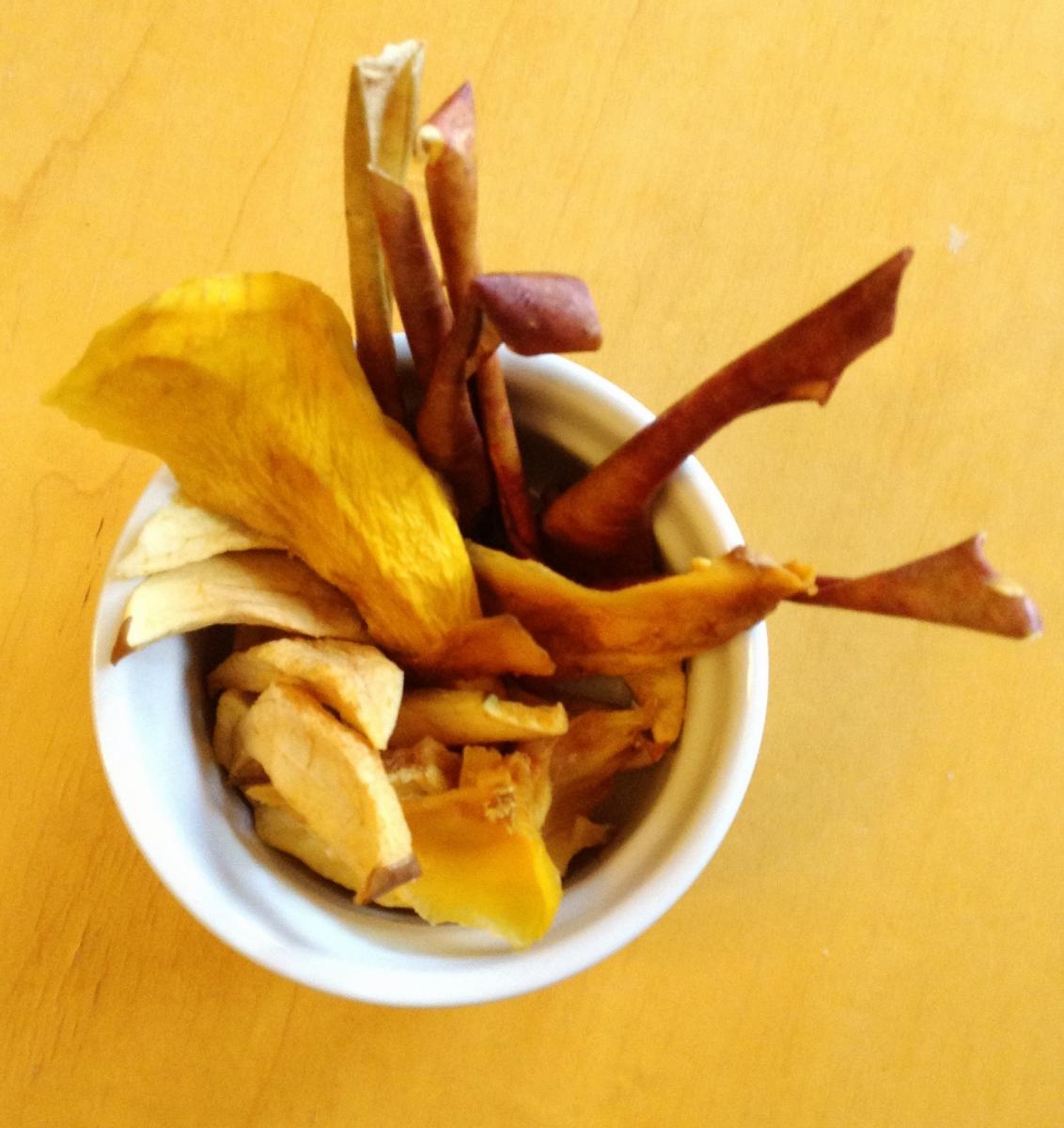 Unsweetened dried fruit.
Unsweetened dried fruit.
Dried fruit is densely sweet, a bit tart, and chewy without any additives. We love to add dried cranberries, blueberries, raisins, and cherries to our cookies and granola for a little sweet-and-sour kick that’s easy on your stomach. If you prefer a smoother consistency, medjool dates can be blended into a paste that lends a complex, caramel-like flavor to sweet treats.
Why it’s good: Unlike most sweeteners, dried fruit has a ton of fiber to accompany its natural sugars. (Prunes got their reputation for a reason!) Plus, naturally dried fruits have lots of nutrients intact that your body can readily use. While it’s one of the healthier ways to satisfy a sugar craving, dried fruit is very easy to overeat – so it’s one food that we recommend portioning out before enjoying.
Our recommendation: We love to use Azure Standard fruit – it’s organic and unsweetened. Try cutting up small pieces to add into your trail mix, granola, or a cookie recipe that calls for chocolate chips – or just have a handful of the stuff when you need to satisfy a sweet tooth.
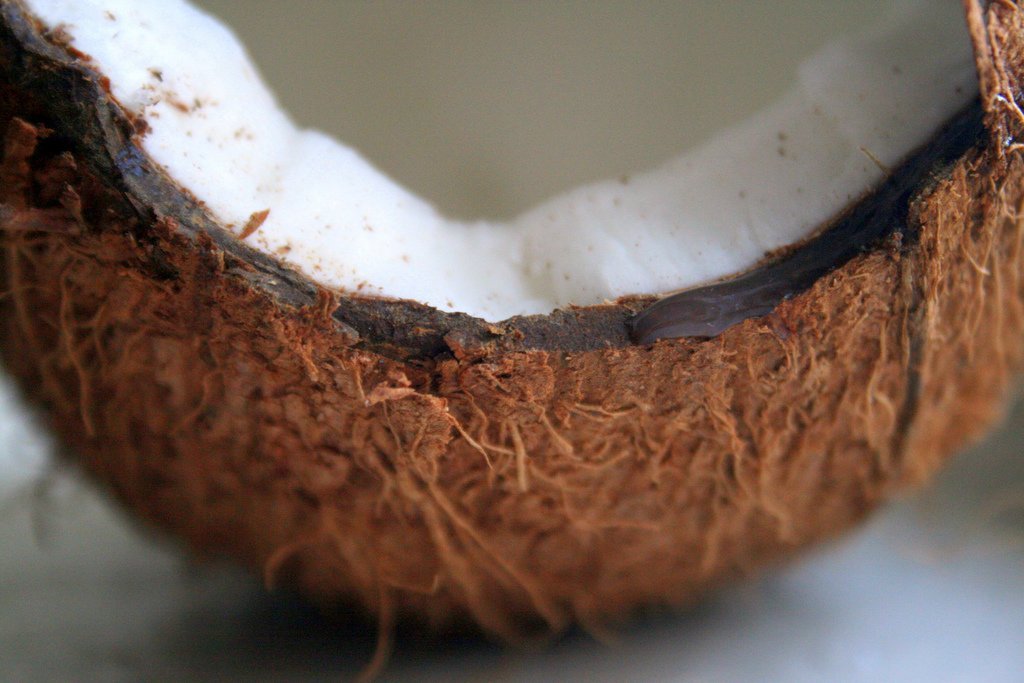 Coconut palm sugar.
Coconut palm sugar.
This grainy, brown substance is made by collecting sap from the coconut palm tree, then drying out this sap until it separates into large, solid crystals. As an Amazon associate, we earn from qualifying purchases.
Why it’s good: Coconut sugar is better than heavily processed white sugar, yes – but it’s one of the less impressive options in this list. If you find a brand that’s been minimally processed, coconut palm sugar is a tasty, natural alternative to brown sugar and is especially good with baked goods that contain complementary flavors and/or foods that need a grainier texture (snickerdoodles, for example).
Our recommendation: As you might expect, we’re partial to organic, sustainably grown and harvested options. Check Amazon for tons of user reviews and input!
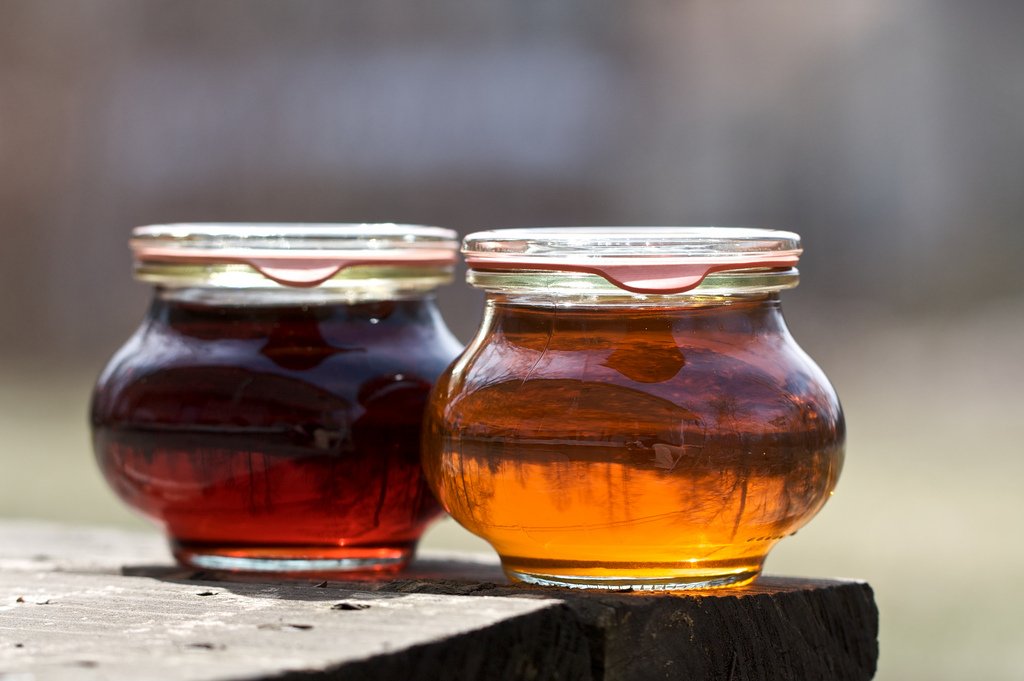 Organic grade-B maple syrup.
Organic grade-B maple syrup.
Shoutout to our friends in Canada for this fantastic stuff! It makes pancakes brunch-worthy, yes, but it’s a surprising nutrient powerhouse, too. In the U.S., our settler ancestors were crazy about maple syrup – but alas, it is not as cheap to produce as white sugar or high fructose corn syrup, and has been relegated to the pantries of DIY pancakers and health-conscious bakers. As an Amazon associate, we earn from qualifying purchases.
Why it’s good: Grade-B maple syrup is dark, rich, and full of vitamins like zinc, manganese, thiamin, and calcium. (Of course, you’re better off eating vegetables and humanely raised animal products for your main nutrient sources – but we won’t complain about something that’s both sweet and healthy.)
Our recommendation: Organic, grade-B, minimally processed, small-batch.
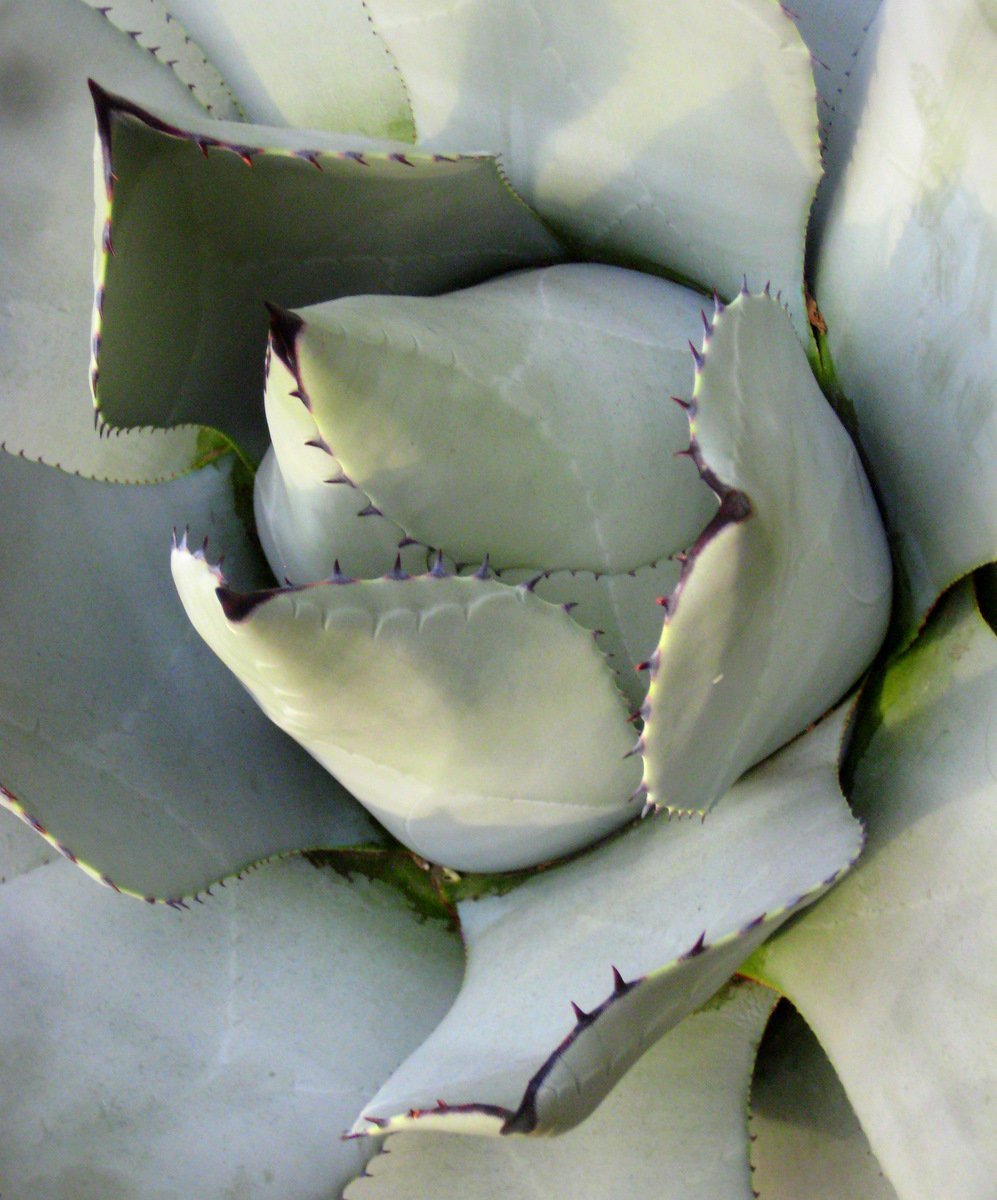 Agave Nectar.
Agave Nectar.
This plant-derived sweetener has its fans and its challengers, but we like to use it to make sure our plant-based friends can have healthy, sweet treats!
As an Amazon associate, we earn from qualifying purchases.
Why it’s good: While agave can be higher in fructose than white sugar, it doesn’t spike your blood sugar as drastically – so it can be a good option for diabetic folks or people who prefer to be even-keeled. Agave is also sweeter than white sugar, so you should need less of it to satisfy your desire for sweetness. Finally, agave has a pretty neutral, light taste – unlike raw honey or dark maple syrup.
Our recommendation: Look for minimally processed, pure agave – and use sparingly. Check out our recommendation with the link above.
 Stevia.
Stevia.
Ah, stevia – few things as sweet as you can spur such heated debate. Stevia is a plant-derived sweetener that contains zero calories and is about a hundred times sweeter than white sugar.
As an Amazon associate, we earn from qualifying purchases.
Why it’s good: The major perks of stevia are its lack of calories and its crazy-sweet flavor – meaning you only have to use a pinch to sweeten a whole recipe. Plus, you can find stevia in liquid or powder form, making it very versatile in the kitchen.
Our recommendation: Some brands of stevia have a funky aftertaste, so read plenty of reviews to confirm the taste factor – then look for brands that are pure stevia extract or powder and contain no additives.
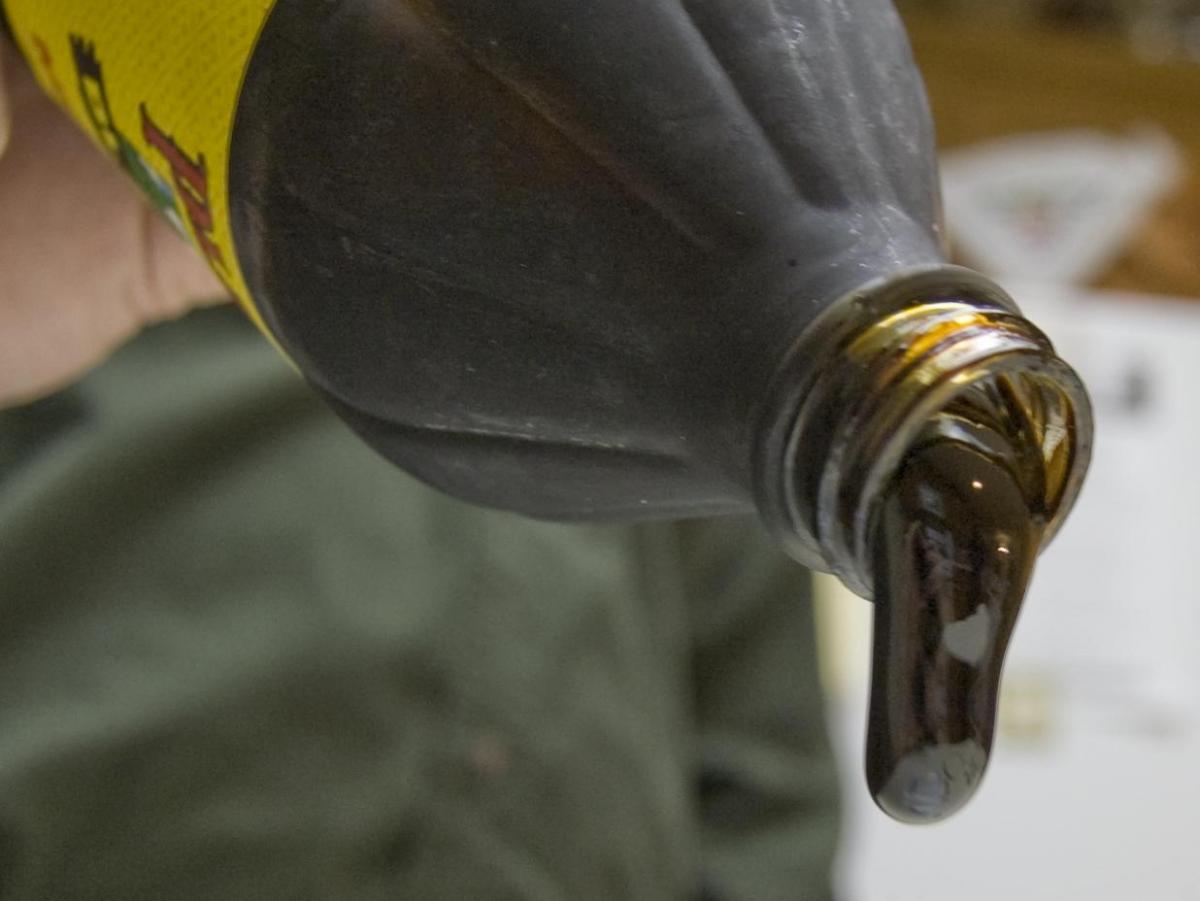 Blackstrap molasses.
Blackstrap molasses.
Cue our worst Southern accent: if you haven’t had something made with molasses, you’re about to experience a revolution. As an Amazon associate, we earn from qualifying purchases.
Why it’s good: Like grade-B maple syrup, blackstrap molasses is the darkest, most nutritious form of the sweet stuff you can get. Blackstrap molasses is high in copper, calcium, magnesium, iron, manganese, potassium, vitamin B6, and selenium. Long-term consumption has been correlated with healthier hair and even hair regrowth and recoloring. Molasses also doesn’t spike your blood sugar like white sugar does. If you’re not, ahem, regular, try molasses as a natural boost for your digestive system.
Our recommendation: Look for organic, unsulphured, blackstrap molasses online or at your local health food store. A little goes a long way!
For those of you who want to really limit the sweeteners:
If you can’t stand black coffee or an unsweetened green smoothie, try adding vanilla extract and cinnamon before sweetening. These two flavors go a long way toward satisfying a sweet craving!
In baked goods, try substituting mashed banana, mashed sweet potato or other root veggies, or applesauce for sugar. That way, you’ll get sugar in its natural form – and lots of fiber and nutrients to go along with it.
We are a participant in the Amazon Services LLC Associates Program, an affiliate advertising program designed to provide a means for us to earn advertising fees by linking to Amazon.com and affiliated websites.

